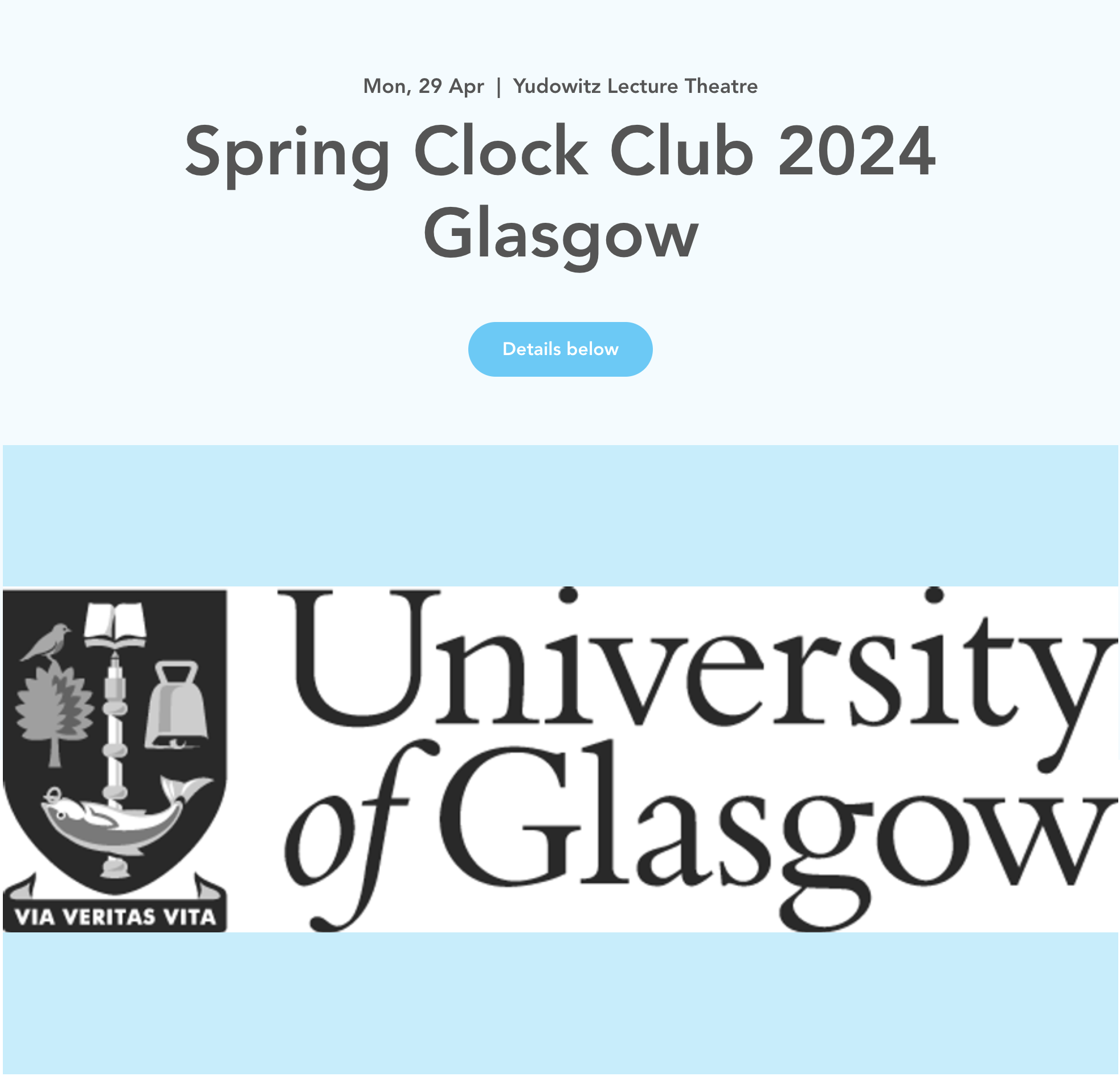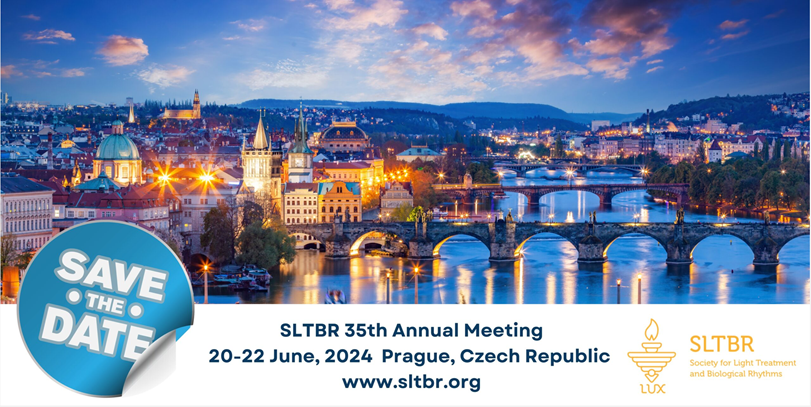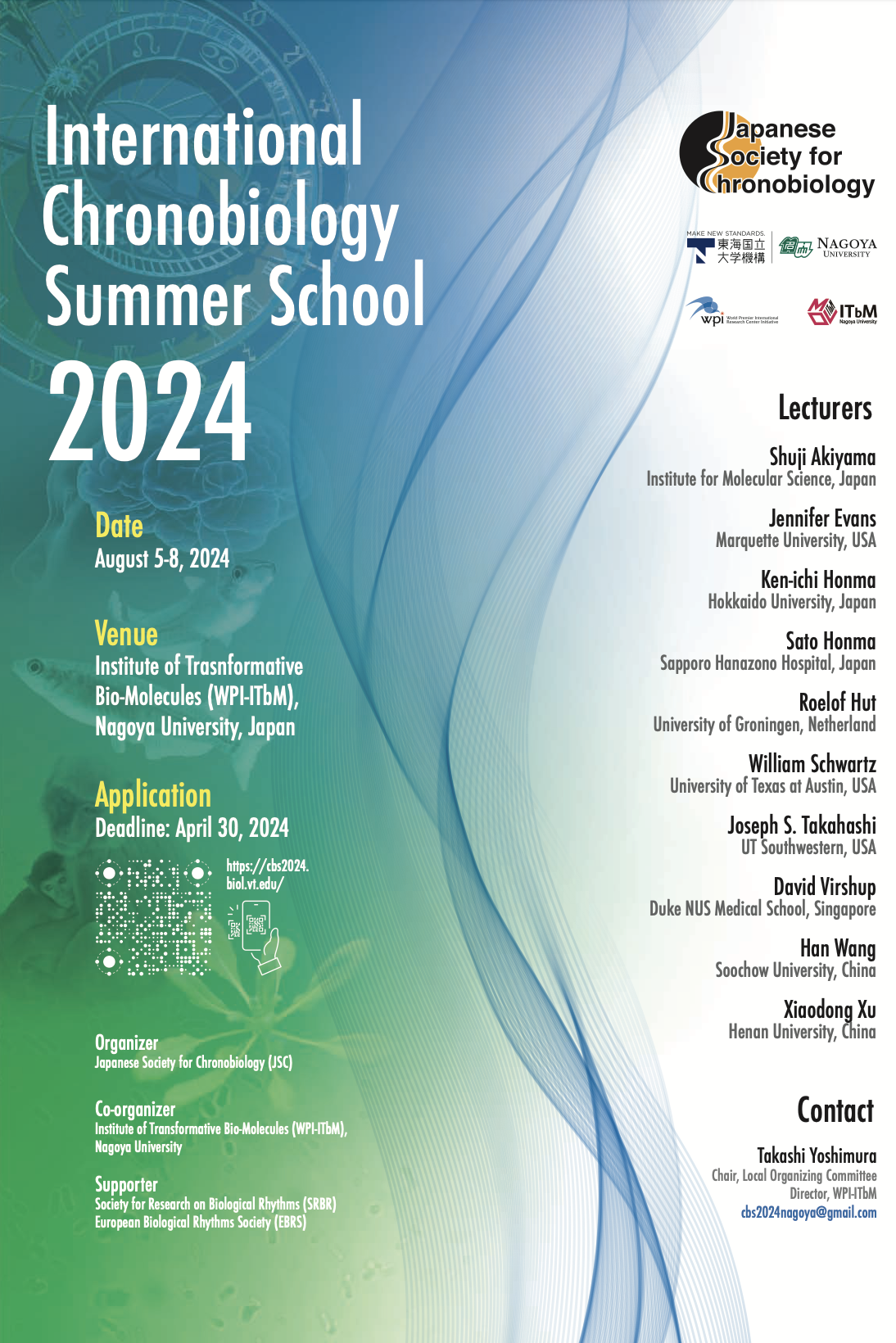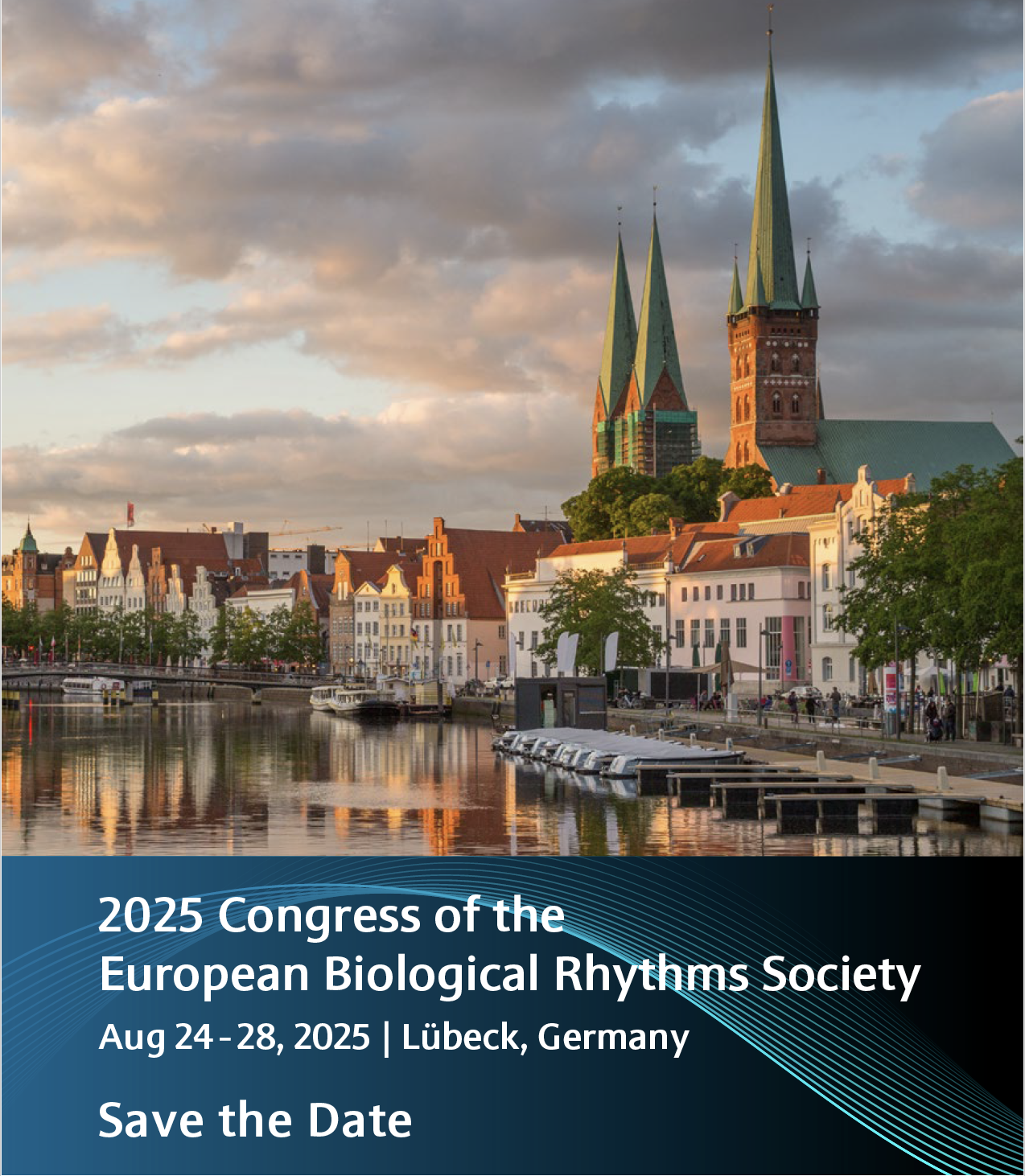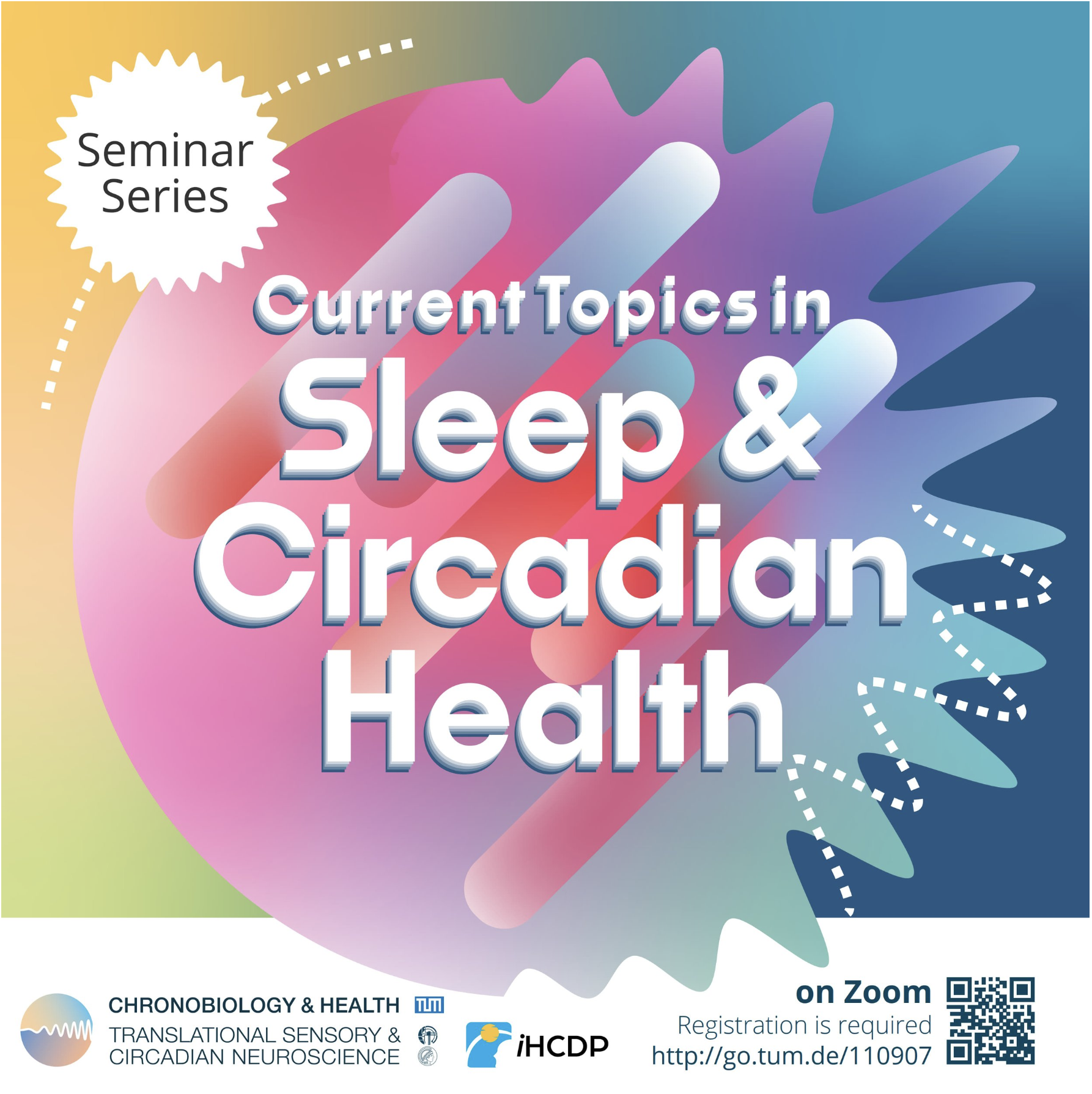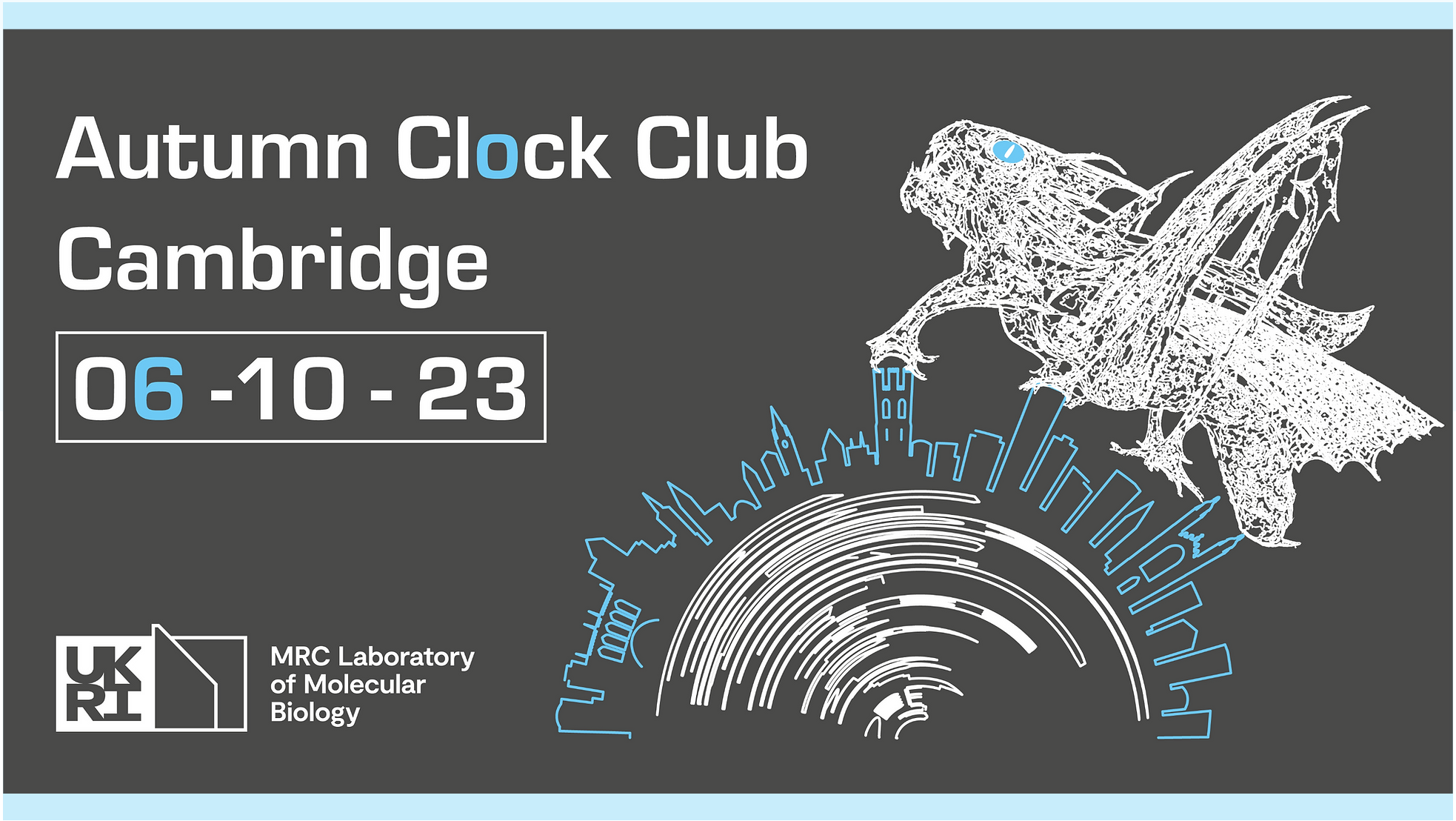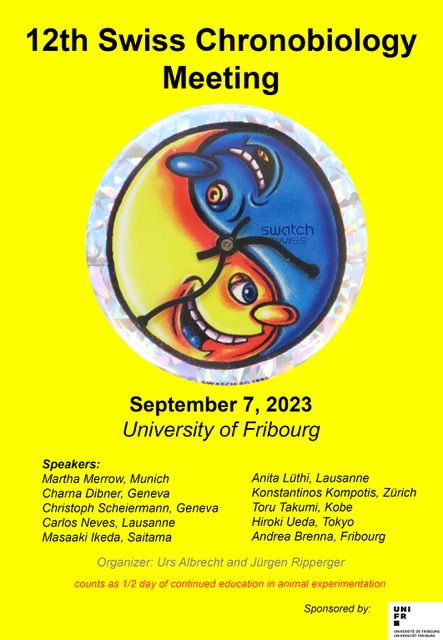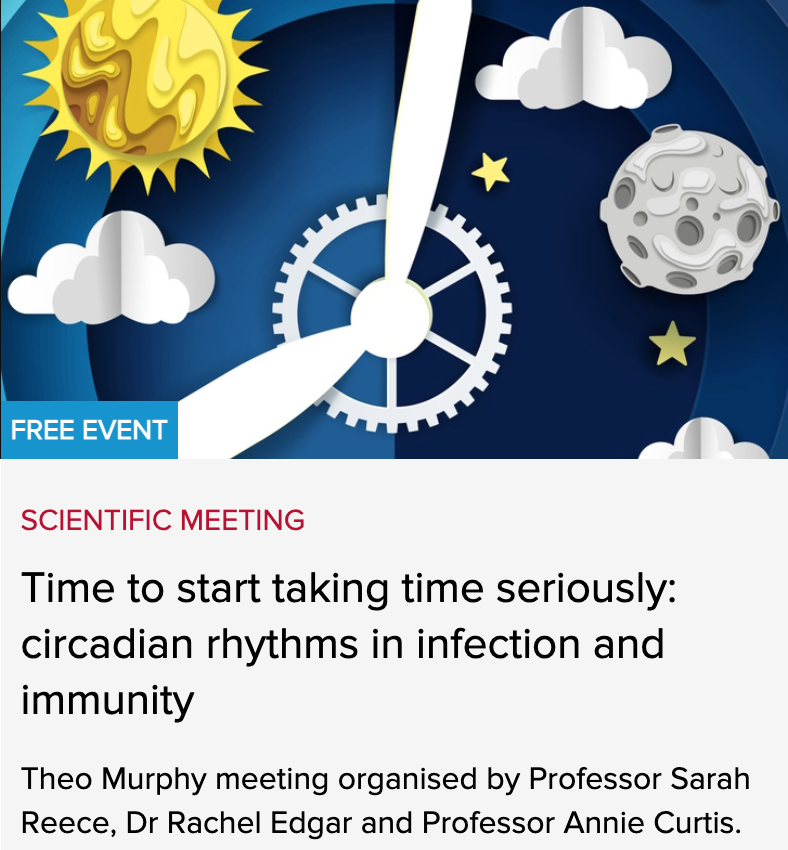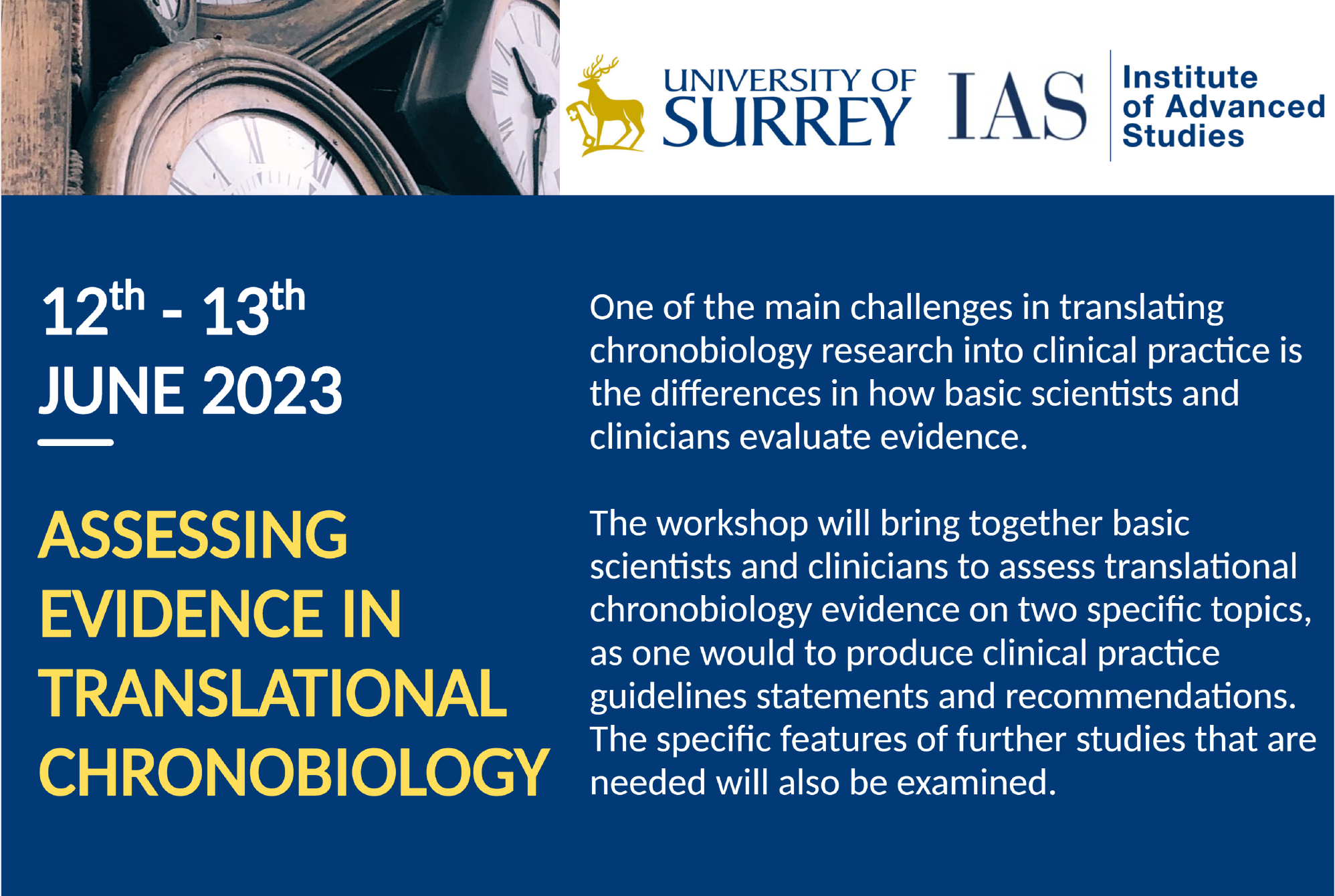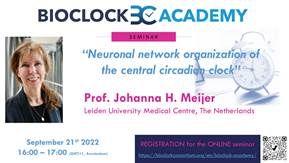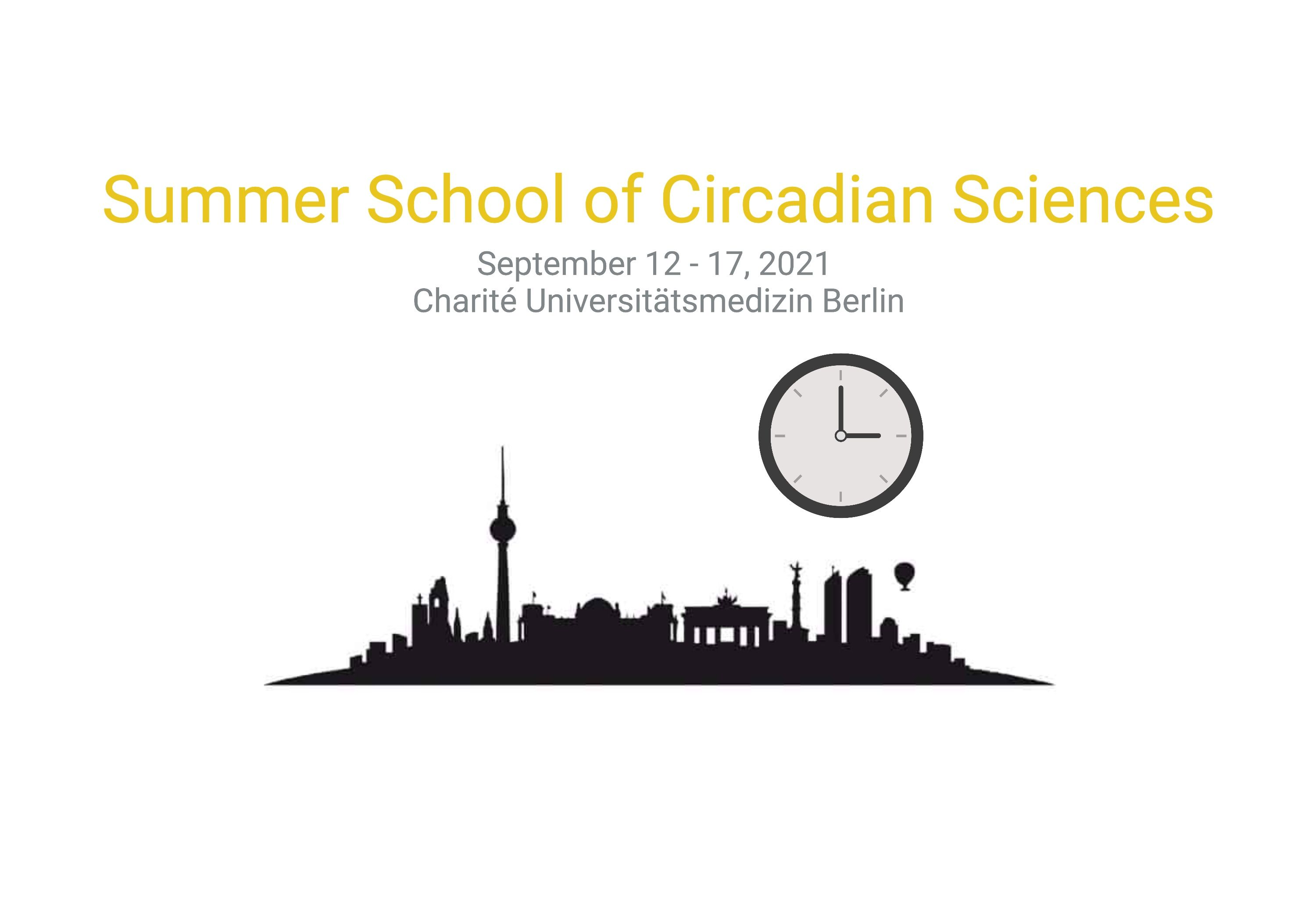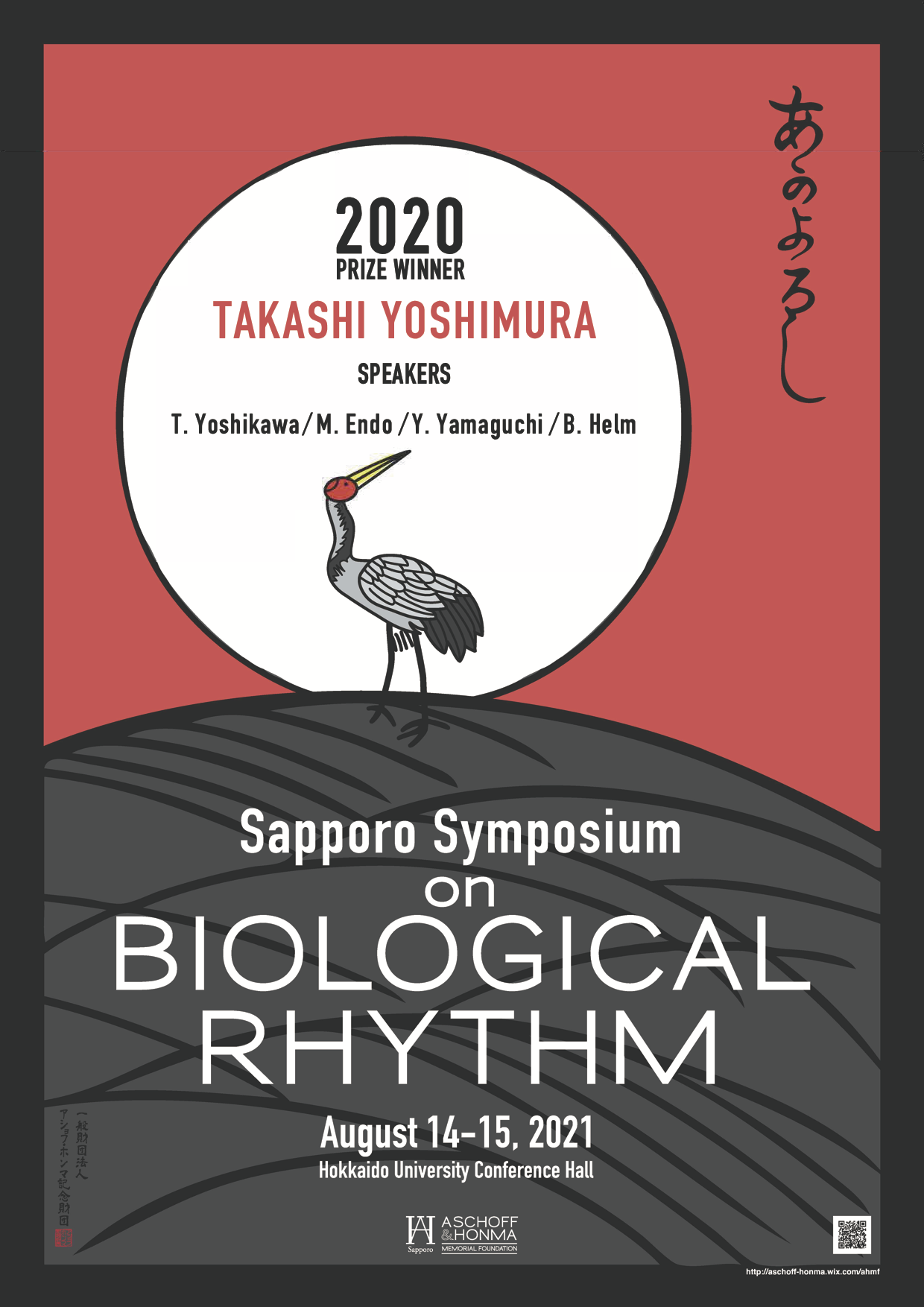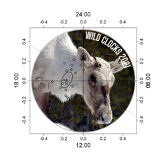Chronobiology Events
Here you can inform yourself about upcoming chronobiology events
2024
Past Events

Gordon Research Seminar on Chronobiology
18-19 June 2023
The Chronobiology Gordon Research Seminar is taking place June 18-19, 2023 at Bates College (Lewiston, ME, USA) adjunct to the 2023 Chronobiology GRC. The title of this year’s meeting is "Biological Timekeepers: Models, Mechanisms and Physiology“ and it will be focused on the mechanism of biological timekeepers and the impact they have on physiology and health. The GRS will open with a keynote speech by Dr. Joseph Takahashi and will conclude with a mentoring session on career-oriented guidance offered by Dr. Annika Barber, Dr. Christina CC Willis, and Dr. Cara Altimus. Trainee speakers and discussion leaders for this meeting will be selected from abstract submissions (deadline: March 12, 2023) and all attendees will present their work during poster presentations.

Gordon Research Conference on Chronobiology
18-23 June 2023
Clocks Across the Phylogenetic Tree, from Single Cell to Humans
The Chronobiology GRS provides a unique forum for young doctoral and post-doctoral researchers to present their work, discuss new methods, cutting edge ideas, and pre-published data, as well as to build collaborative relationships with their peers. Experienced mentors and trainee moderators will facilitate active participation in scientific discussion to allow all attendees to be engaged participants rather than spectators.
The Chronobiology GRS provides a unique forum for young doctoral and post-doctoral researchers to present their work, discuss new methods, cutting edge ideas, and pre-published data, as well as to build collaborative relationships with their peers. Experienced mentors and trainee moderators will facilitate active participation in scientific discussion to allow all attendees to be engaged participants rather than spectators.

Lighten Up! Symposium
14 March 2023
All life on earth has evolved within the solar framework of day and night. This ubiquitous environmental light-dark cycle has been internalised into molecular clocks that predict the appro- priate time of day behaviour. Whether cyanobacteria floating in
a pond, crabs following the tides, rodents burrowing in the day and emerging at night, sheep lambing in spring, birds migrating to the warm south – circadian, lunar, and seasonal rhythms im- pact physiology, reproduction, and survival.
It is the same in hu- mans. However, in our 24/7 society, the natural day-night cycle has been obscured by indoor living and working under artificial lighting, with long-term consequences for health and well-being. The tenets of chronobiology are explored by artists in multiple ways to light up our crucial dependence on daily cycles, and we invite everyone not to lose this innate connection to nature.
It is the same in hu- mans. However, in our 24/7 society, the natural day-night cycle has been obscured by indoor living and working under artificial lighting, with long-term consequences for health and well-being. The tenets of chronobiology are explored by artists in multiple ways to light up our crucial dependence on daily cycles, and we invite everyone not to lose this innate connection to nature.
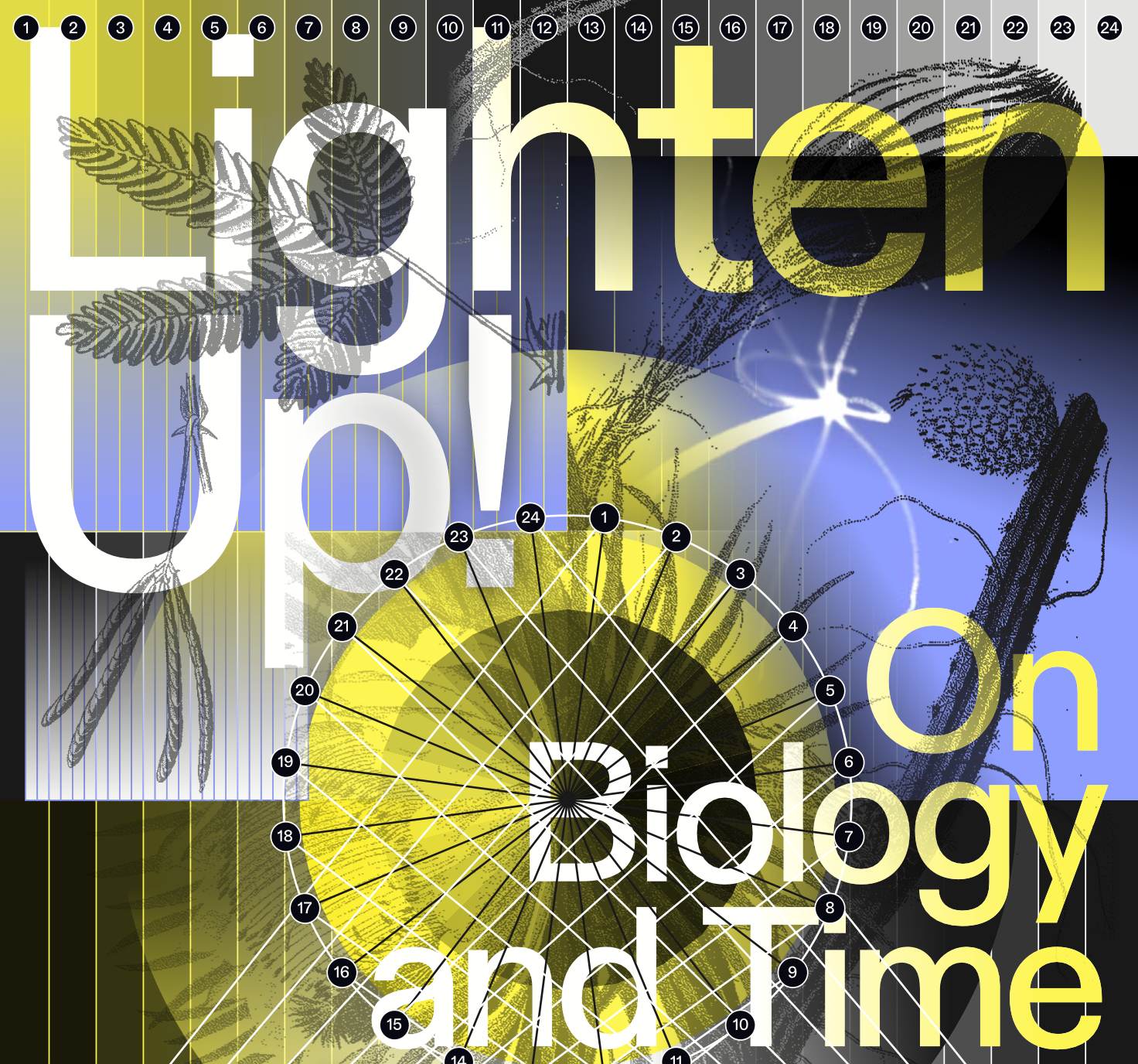
Lighten Up! Art Exhibition
24 March - 30 July 2023
We would like to inform you about the opening of a new exhibition Lighten Up! On Biology and Time, which uses the lens of art to explore the connection of living organisms with the natural cycle of light and dark, and highlight the crucial role of circadian rhythms. Members of the EBRS have provided major contributions to the Linear Navigator, an interactive installation for the general public documenting the history and discoveries in our field.
The Linear Navigator provides the scientific background for the eighteen other installations by reknowned artists and architects who have created light- and soundscapes, immersive spaces or virtual experiences related to chronobiology.
The opening on Thursday 23 March is free, as is a full-day symposium Friday 24 March, gathering participating artists together with chronobiologists and sleep experts EPFL Pavilions.
The exhibition is open until 31 July 2023.
The opening on Thursday 23 March is free, as is a full-day symposium Friday 24 March, gathering participating artists together with chronobiologists and sleep experts EPFL Pavilions.
The exhibition is open until 31 July 2023.

Gordon Research Seminar on Chronobiology
18-19 June 2023
The Chronobiology Gordon Research Seminar is taking place June 18-19, 2023 at Bates College (Lewiston, ME, USA) adjunct to the 2023 Chronobiology GRC. The title of this year’s meeting is "Biological Timekeepers: Models, Mechanisms and Physiology“ and it will be focused on the mechanism of biological timekeepers and the impact they have on physiology and health. The GRS will open with a keynote speech by Dr. Joseph Takahashi and will conclude with a mentoring session on career-oriented guidance offered by Dr. Annika Barber, Dr. Christina CC Willis, and Dr. Cara Altimus. Trainee speakers and discussion leaders for this meeting will be selected from abstract submissions (deadline: March 12, 2023) and all attendees will present their work during poster presentations.

Gordon Research Conference on Chronobiology
18-23 June 2023
Clocks Across the Phylogenetic Tree, from Single Cell to Humans
The Chronobiology GRS provides a unique forum for young doctoral and post-doctoral researchers to present their work, discuss new methods, cutting edge ideas, and pre-published data, as well as to build collaborative relationships with their peers. Experienced mentors and trainee moderators will facilitate active participation in scientific discussion to allow all attendees to be engaged participants rather than spectators.
The Chronobiology GRS provides a unique forum for young doctoral and post-doctoral researchers to present their work, discuss new methods, cutting edge ideas, and pre-published data, as well as to build collaborative relationships with their peers. Experienced mentors and trainee moderators will facilitate active participation in scientific discussion to allow all attendees to be engaged participants rather than spectators.

First Winter Symposium
February 1st, 2022
"The Centre for Biological Timing is organising the first Winter Symposium on Tuesday 1st February, from 9:30 to 16:15. The event will focus on presentations by PhD students. This will be a hybrid event, based at University Place and online for those who aren't able to attend in person. Please register in advance, either for in person or online attendance please use the Register button below.
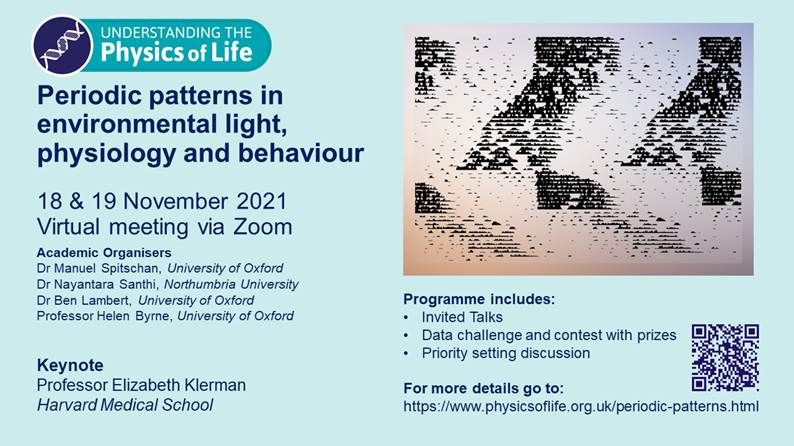
Periodic patterns in environmental light, physiology and behaviour.
November 18-19, 2021
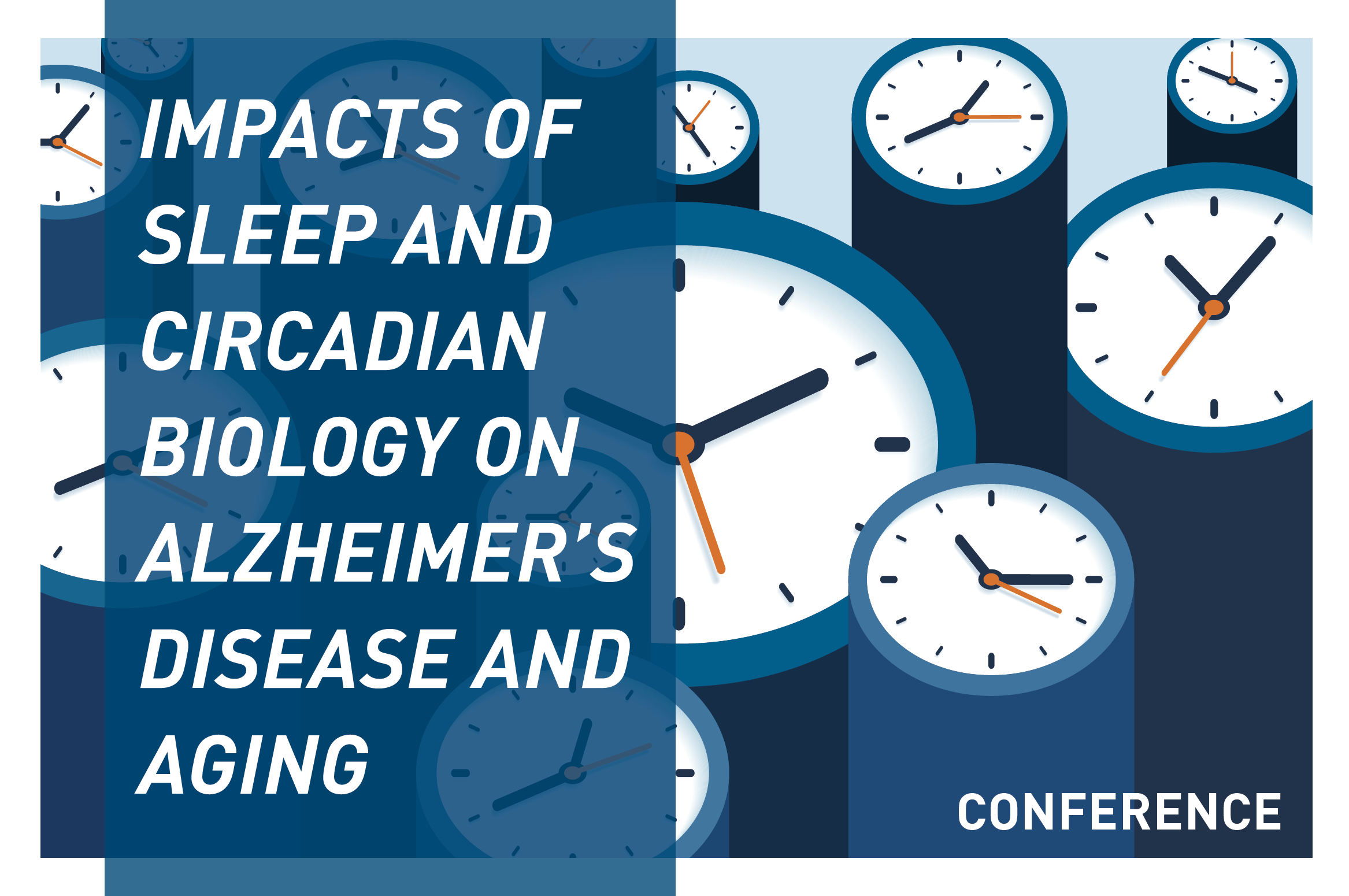
IMPACTS OF SLEEP AND CIRCADIAN BIOLOGY ON ALZHEIMER'S DISEASE AND AGING
October 25-28, 2021
